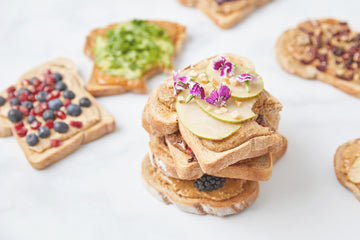In the community of Bethel, located near the Botswana border in Zimbabwe’s breathtakingly beautiful Matabeleland South, where I served as a Peace Corps Volunteer in 1999 and 2000, peanuts are hand harvested, carefully roasted over open fires, and crushed with smooth stones to produce the best version of “peanut butter” I’ve ever eaten.
Every day at Big Spoon Roasters, we try to get a little closer to that Platonic ideal of our favorite food. I took this photo of a Baobab tree (genus Adansonia) near my host family’s village exactly 16 years ago today (according to my journal, anyway), and every time I look at it, I am reminded of those first tastes of fresh peanut butter and the important reminder that the experience of goodness, i.e. quality, whether in the elevated form of a pantry staple like peanut butter or life in general, or in anything we cook or make with our hands, can never be faked.
But why would anyone try to fake goodness? To sell you things. It’s sad that descriptive terms like natural, handmade, small-batch, gourmet, and artisan don’t hold much meaning any more in the food world after being abused and diluted by marketers, but don’t let marketing tricks get you down, (I don’t). Just let them motivate you to make more mindful food choices; to look a little further, read a little more deeply, and pay a little more attention about what you’re buying. You’ll eat better and feel better because of it.
The people making peanut butter in Bethel were focused on using the best, freshest ingredients they could find to make the best-tasting food that they could for their community. Our business is inspired by the simple honesty of that same goal.
With love from Durham, Mark


